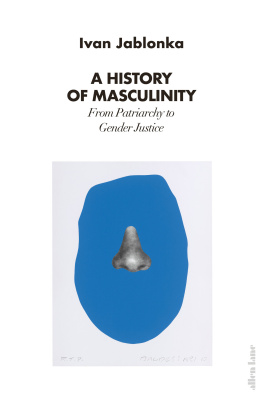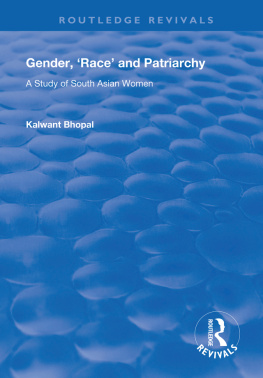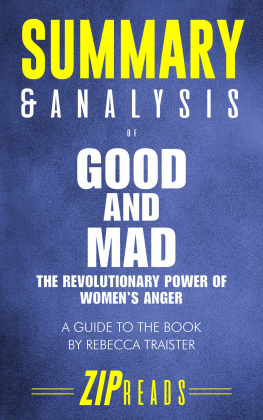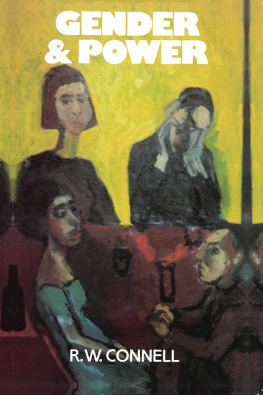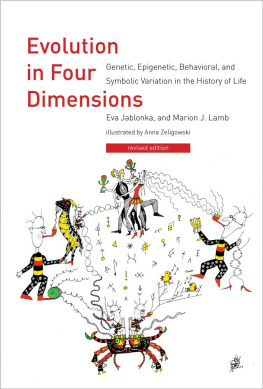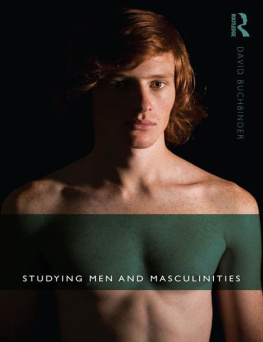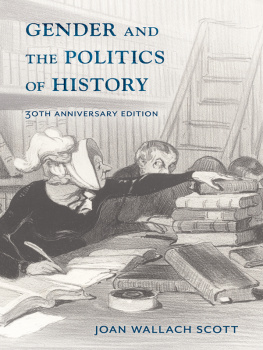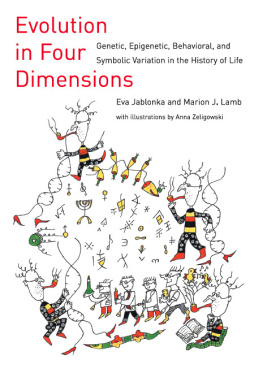Ivan Jablonka
A HISTORY OF MASCULINITY
From Patriarchy to Gender Justice
Translated by Nathan Bracher

About the Author
Ivan Jablonka is a French historian. His work focuses on the Holocaust, gender violence, masculinity and new forms of historiography. In 2016, he received the prestigious Prix Mdicis. He is currently Professor of Contemporary History at Universit Paris XIII.
PENGUIN BOOKS
UK | USA | Canada | Ireland | Australia
New Zealand | India | South Africa
Penguin Books is part of the Penguin Random House group of companies whose addresses can be found at global.penguinrandomhouse.com.

First published in France as Des hommes justes:
Du patriarcat aux nouvelles masculinits by ditions du Seuil 2019
First published in Great Britain as A History of Masculinity by Allen Lane 2022
Copyright Ivan Jablonka, 2019
Translation copyright Nathan Bracher, 2022
The moral right of the author has been asserted
Cover artwork Nose/Silhouette: Blue, 2010 by John Baldessari
Cover John Baldessari 2010, Courtesy Estate of John Baldessari 2021
ISBN: 978-0-141-99371-3
This ebook is copyright material and must not be copied, reproduced, transferred, distributed, leased, licensed or publicly performed or used in any way except as specifically permitted in writing by the publishers, as allowed under the terms and conditions under which it was purchased or as strictly permitted by applicable copyright law. Any unauthorized distribution or use of this text may be a direct infringement of the authors and publishers rights and those responsible may be liable in law accordingly.
Introduction:
Revolutionizing the Masculine
Men have been at the forefront of every battle, except for the battle for equality of the sexes. Their dreams have spearheaded every liberation, except for the emancipation of women. With few exceptions, they have grown comfortable with the patriarchal workings of society. They have gained from it. Today, as before, gender privileges are endemic throughout the world.
Although it has been shaped by millennia of stereotypes and institutions, the traditional model of masculinity is outdated. It is both old-fashioned and harmful because it is a mechanism for dominating not only women, but also men whose masculinity is deemed illegitimate. Our dream for the future is to invent new masculinities so that they mesh with the rights of women and undo patriarchal hierarchies. This has the potential to transform everything: the family, religion, politics, business, the city, seduction and even language.
In every country, whatever the situation may be for women, it is urgent to define an ethics of masculinity for the entire range of social behaviour. How can we prevent men from trampling on the rights of women? What does it mean to be a good guy with respect to equality between the sexes? This is a real challenge both psychologically and socially. Creating new models of masculinity requires goodwill and personal effort, but it must stem chiefly from a political rationale. Opposing patriarchy is much like fighting against climate change: it is important to do ones part individually, but collective action and systemic reforms are absolutely required. Today, we need egalitarian men who care more about respect than power. Just men, but men who are just.
DEMOCRACYS BLIND SPOT
In 1791, Olympe de Gouges opened her Declaration of the Rights of Woman and the Female Citizen with this bold challenge: Men, are you able to act with justice? This is a womans question to you. More than two centuries after her death, looking at the make-up of governments, unequal pay, the distribution of domestic chores, and gender violence throughout the world, we still wonder whether men are able to act with justice. Neither the invention of democracy, nor the Industrial Revolution, nor twentieth-century socialism and decolonization have changed things: our modernity has yet to truly address these issues and hence it remains unsound.
Numerous institutions far and wide speak of equality of the sexes. And yet the rights of women are still overlooked even within our most democratic societies. From Aristotle to Rawls, from Descartes to Rousseau, philosophers have shown little interest in the question. Their reflections on justice did not include gender justice. As for the revolutionaries of France, they sacrificed themselves for freedom, except when that freedom benefited women. By taking note of these shortcomings and reconstructing the masculine around rights for all women and all men, we can all get closer to the ideal of equality.
Where to begin? Lets take two examples: sharing chores and sexual violence. In the twentieth century, society changed more rapidly than men did. Nowadays in Western societies, most women work, pursue careers, choose their sexuality, but men have not accepted all the necessary consequences of those realities. Womens perspectives have widened tremendously. Not so for men, who have not parted ways with their habits of giving orders and being served. Within each couple, we can see that the reality of progressive social upheavals runs up against entrenched resistance to change. Gender inequalities tend to crystallize around (not) sharing chores, an issue that demonstrates the relationship between individual experience and collective transformations.
Similarly, the #MeToo movement has shown that the definition of the masculine requires a thoroughgoing debate. The movement has led some men to ask hard questions about sexual violence. This has not led to significant change yet, but such questions are the first step. Why are there so many instances of abuse, harassment and rape, in a climate of indifference or latent tolerance? At what point does one become a Harvey Weinstein? And to what extent? Am I a flirt or a creep?
Such disquieting questions are healthy, but so much remains to be discussed. With respect to gender justice, what is a good father, good partner, good colleague, good manager, good lover, good believer, good leader or good citizen? All of this must lead to us asking ourselves, individually and collectively, what it truly means to be a man today.
It is no longer up to women to torture themselves with questions about their life choices, justify themselves at every moment, exhaust themselves reconciling work with motherhood, family life and leisure. It is up to men to catch up with a world that has changed. The onus is on them to question themselves about the masculine, without buying into the mythology of the hero of modern times who deserves a medal because he has programmed the washing machine. Such introspection would be meaningless and totally ineffective if it did not involve all areas of society: legislation, fiscal policy, the welfare state, the organization of labour, corporate culture, the etiquette of romance, parenting, pedagogy, schooling and codes of sociability.
Our governments claim to value equality and justice, but are severely lacking in men passionate about equality and justice. Our democracies have a blind spot: gender justice, which demands that we put an end to inequalities between the sexes. The challenge for men is not to help women become independent, but to transform the very reality of masculinity so that it is no longer a tyranny.

